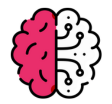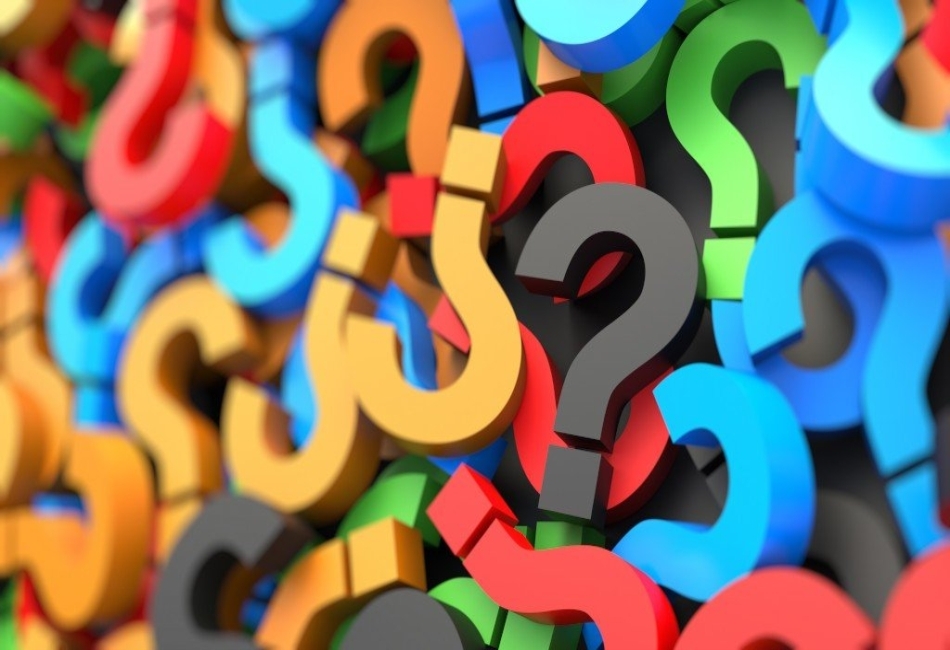Riddles have long captured human curiosity. They spark imagination, ignite a sense of challenge, and provide satisfaction when cracked. Far from being just a form of entertainment, riddles can significantly improve cognitive functions, promote lateral thinking, and boost memory. Whether you’re solving a classic brain teaser or a modern puzzle game, the experience pushes your brain to think in new ways.
A popular way to relax while keeping the mind engaged is by combining mental challenges with casual entertainment. If you’re looking to take a short break after solving a tricky riddle, try exploring the engaging world of ganesha casino. It offers a blend of visuals, strategy, and fun that’s perfect for a light diversion before jumping back into puzzle-solving mode.
Mental Fitness Through Riddles
Exercising the brain doesn’t require textbooks or academic tests. Engaging in riddle-solving sessions can have a comparable effect. Riddles demand attention to detail, recognition of patterns, and quick mental shifts—all key elements in sharpening thinking skills.
Unlike straightforward questions, riddles often come with a twist that challenges typical logic. This makes them excellent tools for training the brain to handle ambiguous or complex information. The more you practice, the more attuned your mind becomes to spotting nuances and solving problems efficiently.
Riddles also support long-term cognitive health. Similar to physical workouts, mental challenges help delay cognitive decline by consistently activating different regions of the brain. This makes puzzles an ideal activity for all age groups.
Types of Riddles That Enhance Different Skills
Riddles come in a variety of forms, each with unique benefits. Choosing different types allows you to target specific areas of cognitive improvement while keeping the experience diverse and engaging.
Word Riddles
These puzzles test your understanding of language and vocabulary. Wordplay, puns, and double meanings force you to think beyond surface-level interpretations.
Logic Puzzles
These require a sequence of reasoning steps to arrive at the correct answer. They are ideal for boosting analytical thinking, improving memory, and enhancing your ability to plan.
Visual Puzzles
Visual riddles involve images or patterns. These challenge spatial awareness, observation skills, and abstract reasoning.
Lateral Thinking Puzzles
These are perhaps the most mind-bending. They don’t follow traditional logic and instead force you to approach problems from unusual angles. They’re great for breaking mental rigidity and fostering creative thinking.
How Riddles Can Improve Your Daily Life
Riddle-solving is more than a recreational habit—it’s a practical tool with everyday applications. People who regularly engage with puzzles often notice improvements in how they tackle real-life problems.
- Better decision-making: Evaluating different angles becomes easier.
- Improved focus: Attention to detail becomes second nature.
- Enhanced creativity: Thinking outside the box becomes more intuitive.
- Stronger memory: Remembering clues and sequences translates into daily recall.
From managing work projects to planning personal goals, the benefits of a trained mind are far-reaching and deeply rewarding.
Making Puzzle-Solving a Habit
Incorporating riddles into your routine doesn’t require a dramatic lifestyle change. A few minutes a day can bring noticeable results over time.
Create a Daily Riddle Challenge
Start your morning with a quick brain teaser. It sets a positive, alert tone for the day.
Join Online Puzzle Communities
Many websites offer daily riddles, forums, and challenges. These spaces also allow for interaction, which adds a social element to your mental workout.
Mix It Up
Don’t stick to one type of riddle. Rotate between logic puzzles, visual challenges, and lateral thinking problems to activate different parts of the brain consistently.
Track Your Progress
Maintain a puzzle journal where you note which riddles you solved, what made them tricky, and what strategies helped. This practice not only boosts learning but also shows tangible mental growth over time.
Educational and Therapeutic Benefits
Educators and therapists increasingly use riddles in their work. Schools integrate puzzles into curriculums to support student development. Similarly, therapists use logic-based games as part of cognitive-behavioral therapy to help patients enhance focus and cognitive control.
Children who grow up with puzzle-solving habits tend to develop stronger critical thinking skills. Older adults benefit from the mental stimulation, which can support memory retention and delay age-related cognitive issues.
Final Thoughts: Play Smart, Think Sharper
Making riddles a regular part of your life offers more than just fun—it cultivates a sharper, more agile mind. The joy of solving a puzzle is a powerful motivator, but the mental growth it fosters is the real reward.
By embracing puzzles of all types, from quick riddles to deep logic games, you give your mind the variety it needs to grow. Whether you’re seeking to pass time creatively or improve your brain’s performance, there’s no better tool than the humble riddle.



